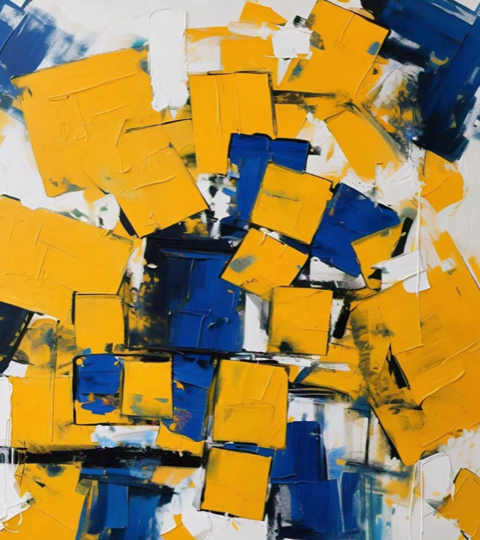Necesitas un Plan Destacado para tener un sitio web
El propósito del arte es lavar el polvo de la vida diaria de nuestras almas
Pablo Picasso
Crea tu sitio web independiente al instante
Crea tu página web de arte profesional y conéctate con tus coleccionistas con temas personalizables, exposiciones virtuales y herramientas potentes
